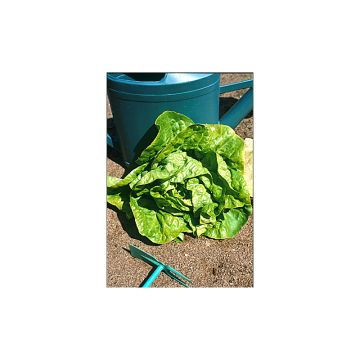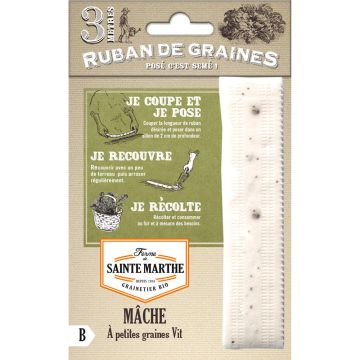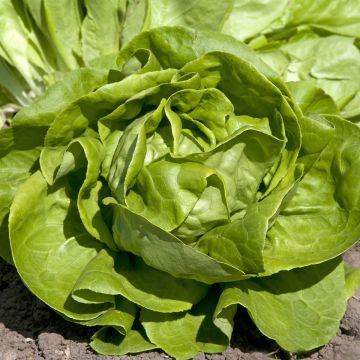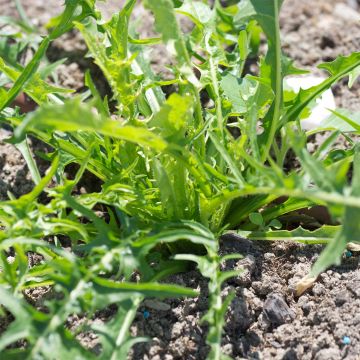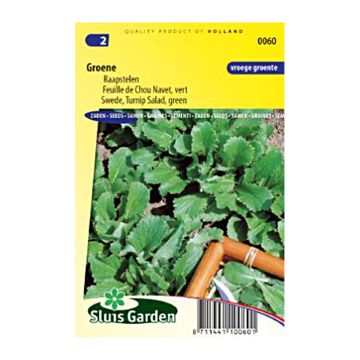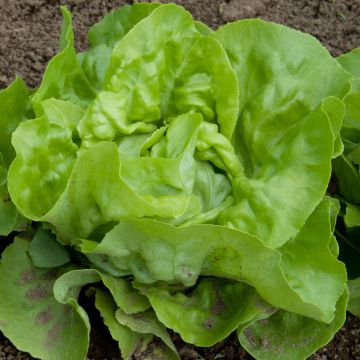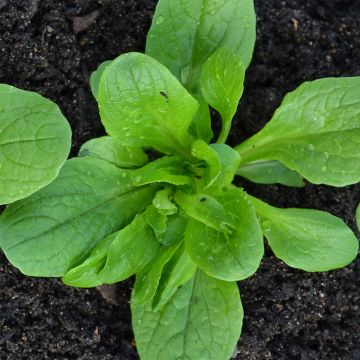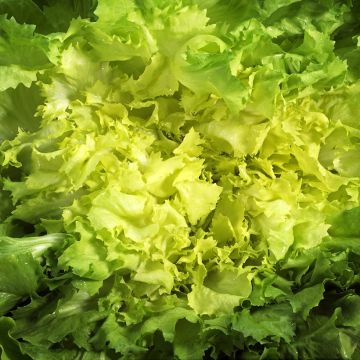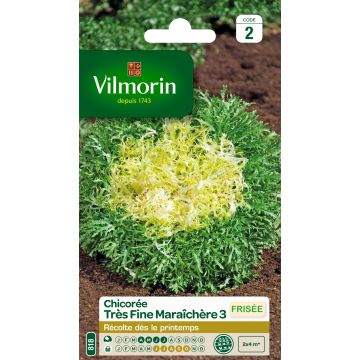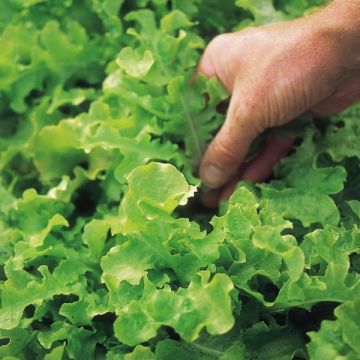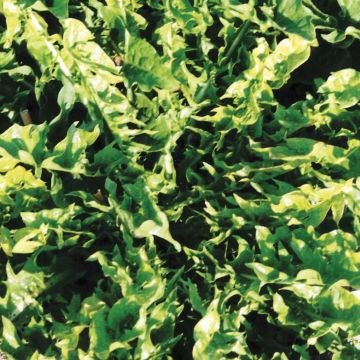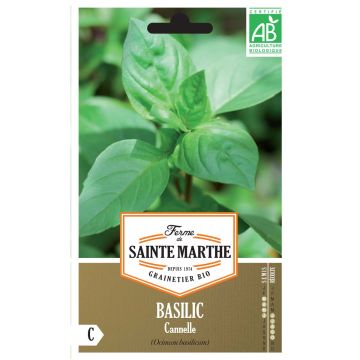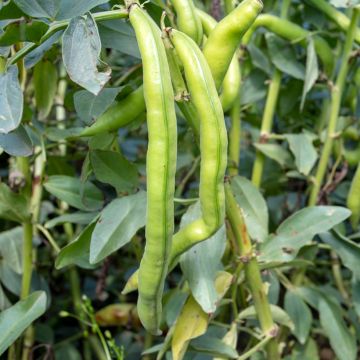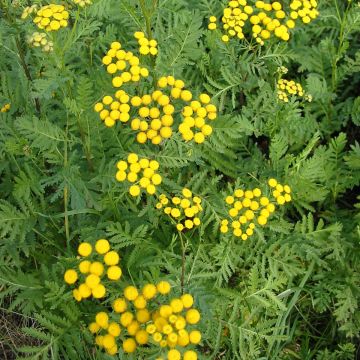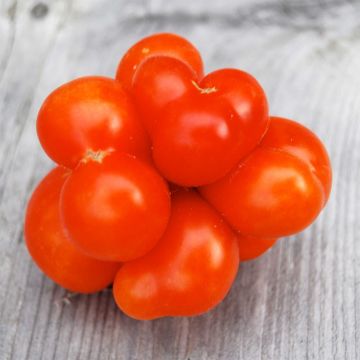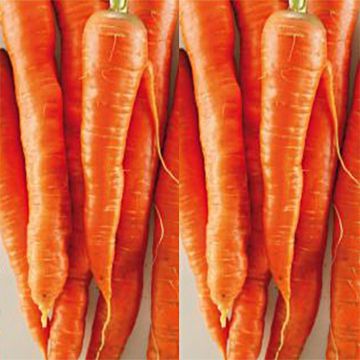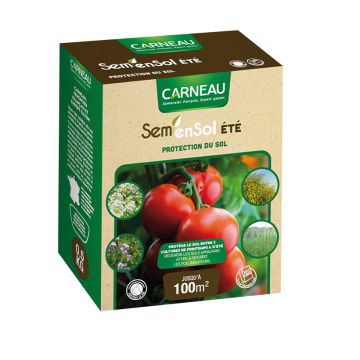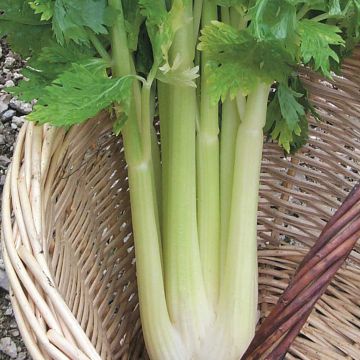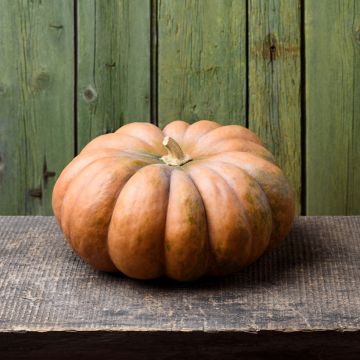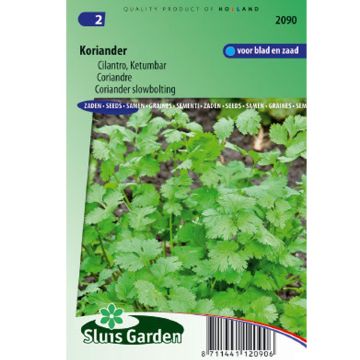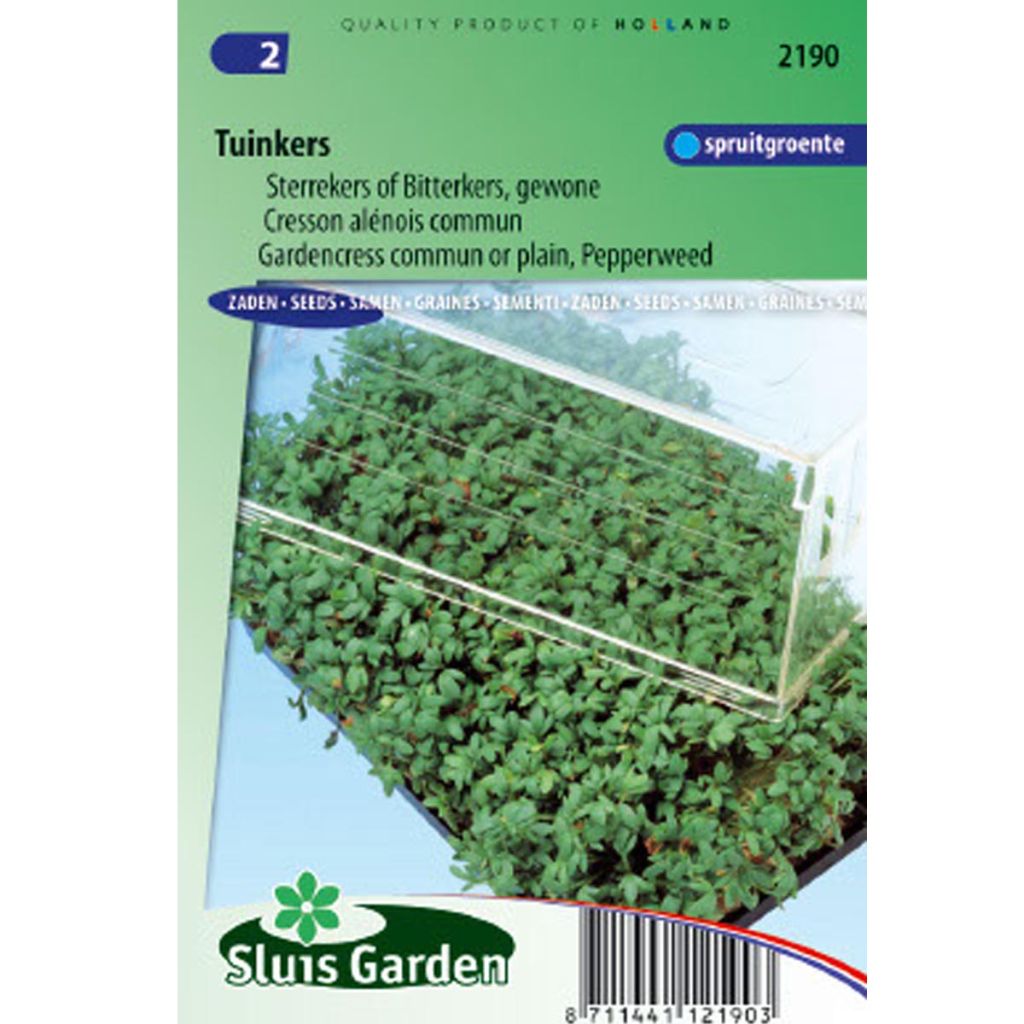

Garden Cress - Lepidium sativum
Garden Cress - Lepidium sativum
Lepidium sativum
Garden cress, Peppergrass
This item cannot be shipped to the selected country
Dispatch by letter from €3.90
More information
Schedule delivery date,
and select date in basket
This plant carries a 6 months recovery warranty
More information
We guarantee the quality of our plants for a full growing cycle, and will replace at our expense any plant that fails to recover under normal climatic and planting conditions.
Seed-only orders are dispatched by sealed envelope. The delivery charge for seed-only orders is €3.90.
Description
Garden cress, also called peppergrass, is a type of cress that is particularly fast-growing and productive. Its feathery light green leaves have a delicious pungent flavour. Plan successional sowings from March to September. Harvest from April to October. Garden cress is also suitable for growing in pots.
Cress is the common name given to a collection of different plants, most of which belong to the Brassicaceae family alongside rocket and mustard. It is grown for its pungent, slightly peppery leaves that can be used as salad greens or to season and garnish dishes. Cress is renowned for its many health benefits. It is a powerful antioxidant due to its high beta carotene content. It can be enjoyed nearly all year round, in creamy soups in winter, or freshly picked for delicious spring or summer salads. Cress thrives in the shade in cool, fertile, moist to wet soil. The most popular types are watercress (Nasturtium officinale), garden cress or peppergrass (Lepidium sativum), winter cress (Barbarea vulgaris) and upland cress (B. verna).
Harvesting: garden cress is generally ready to harvest 3 weeks after sowing, when the plants are about 7 cm tall. Cut or pick off the leaves, leaving the stem intact. Make sure to harvest regularly as cress tends to bolt easily; regular harvesting also promotes fresh growth.
Storage: delicate cress leaves wilt quickly. They will keep for 2 to 3 days in the fridge with their stems submerged in a pot of water, like a bunch of flowers. Freezing the leaves isn't really worth the effort - why not freeze batches of tasty cress soup instead?
Good to know: gardeners often use green manure to cover and feed their soil in between crops. White mustard is one of the most popular plants used as green manure; however, as a cruciferous plant it should be avoided in crop rotation cycles that include cress. Blue-flowered Phacelia is a good alternative.
Report an error about the product description
Harvest
Plant habit
Foliage
Botanical data
Lepidium
sativum
Brassicaceae
Garden cress, Peppergrass
Cultivar or hybrid
Annual
Other Salad leaf seeds
Planting and care
Sowing:
The germination of Watercress is fast, occurring in two or three days at a temperature of about 18°C.
Sowing is done from March to the end of September, directly in open ground, broadcast or in rows spaced 10 cm apart. The soil should remain moist. After emergence, thinning should be carried out (removing some seedlings) to keep one plant every 15 cm.
Watercress can also be sown directly in pots. It is a very fast-growing crop that often delights children.
Cultivation:
Watercress requires moist soil and/or regular watering. It prefers light, fresh, and humus-rich soils. If necessary, it is advisable to apply well-rotted compost in autumn by raking it to a depth of 5 cm, after properly loosening the soil as for any vegetable cultivation.
Depending on your geographical area, you can plant it in full sun, partial shade, or even full shade in the south of France.
Seedlings
Care
Intended location
This item has not been reviewed yet - be the first to leave a review about it.
Vegetable seeds
Haven't found what you were looking for?
Hardiness is the lowest winter temperature a plant can endure without suffering serious damage or even dying. However, hardiness is affected by location (a sheltered area, such as a patio), protection (winter cover) and soil type (hardiness is improved by well-drained soil).

Photo Sharing Terms & Conditions
In order to encourage gardeners to interact and share their experiences, Promesse de fleurs offers various media enabling content to be uploaded onto its Site - in particular via the ‘Photo sharing’ module.
The User agrees to refrain from:
- Posting any content that is illegal, prejudicial, insulting, racist, inciteful to hatred, revisionist, contrary to public decency, that infringes on privacy or on the privacy rights of third parties, in particular the publicity rights of persons and goods, intellectual property rights, or the right to privacy.
- Submitting content on behalf of a third party;
- Impersonate the identity of a third party and/or publish any personal information about a third party;
In general, the User undertakes to refrain from any unethical behaviour.
All Content (in particular text, comments, files, images, photos, videos, creative works, etc.), which may be subject to property or intellectual property rights, image or other private rights, shall remain the property of the User, subject to the limited rights granted by the terms of the licence granted by Promesse de fleurs as stated below. Users are at liberty to publish or not to publish such Content on the Site, notably via the ‘Photo Sharing’ facility, and accept that this Content shall be made public and freely accessible, notably on the Internet.
Users further acknowledge, undertake to have ,and guarantee that they hold all necessary rights and permissions to publish such material on the Site, in particular with regard to the legislation in force pertaining to any privacy, property, intellectual property, image, or contractual rights, or rights of any other nature. By publishing such Content on the Site, Users acknowledge accepting full liability as publishers of the Content within the meaning of the law, and grant Promesse de fleurs, free of charge, an inclusive, worldwide licence for the said Content for the entire duration of its publication, including all reproduction, representation, up/downloading, displaying, performing, transmission, and storage rights.
Users also grant permission for their name to be linked to the Content and accept that this link may not always be made available.
By engaging in posting material, Users consent to their Content becoming automatically accessible on the Internet, in particular on other sites and/or blogs and/or web pages of the Promesse de fleurs site, including in particular social pages and the Promesse de fleurs catalogue.
Users may secure the removal of entrusted content free of charge by issuing a simple request via our contact form.
The flowering period indicated on our website applies to countries and regions located in USDA zone 8 (France, the United Kingdom, Ireland, the Netherlands, etc.)
It will vary according to where you live:
- In zones 9 to 10 (Italy, Spain, Greece, etc.), flowering will occur about 2 to 4 weeks earlier.
- In zones 6 to 7 (Germany, Poland, Slovenia, and lower mountainous regions), flowering will be delayed by 2 to 3 weeks.
- In zone 5 (Central Europe, Scandinavia), blooming will be delayed by 3 to 5 weeks.
In temperate climates, pruning of spring-flowering shrubs (forsythia, spireas, etc.) should be done just after flowering.
Pruning of summer-flowering shrubs (Indian Lilac, Perovskia, etc.) can be done in winter or spring.
In cold regions as well as with frost-sensitive plants, avoid pruning too early when severe frosts may still occur.
The planting period indicated on our website applies to countries and regions located in USDA zone 8 (France, United Kingdom, Ireland, Netherlands).
It will vary according to where you live:
- In Mediterranean zones (Marseille, Madrid, Milan, etc.), autumn and winter are the best planting periods.
- In continental zones (Strasbourg, Munich, Vienna, etc.), delay planting by 2 to 3 weeks in spring and bring it forward by 2 to 4 weeks in autumn.
- In mountainous regions (the Alps, Pyrenees, Carpathians, etc.), it is best to plant in late spring (May-June) or late summer (August-September).
The harvesting period indicated on our website applies to countries and regions in USDA zone 8 (France, England, Ireland, the Netherlands).
In colder areas (Scandinavia, Poland, Austria...) fruit and vegetable harvests are likely to be delayed by 3-4 weeks.
In warmer areas (Italy, Spain, Greece, etc.), harvesting will probably take place earlier, depending on weather conditions.
The sowing periods indicated on our website apply to countries and regions within USDA Zone 8 (France, UK, Ireland, Netherlands).
In colder areas (Scandinavia, Poland, Austria...), delay any outdoor sowing by 3-4 weeks, or sow under glass.
In warmer climes (Italy, Spain, Greece, etc.), bring outdoor sowing forward by a few weeks.

































